SUMMARY
This is AI generated summarization, which may have errors. For context, always refer to the full article.
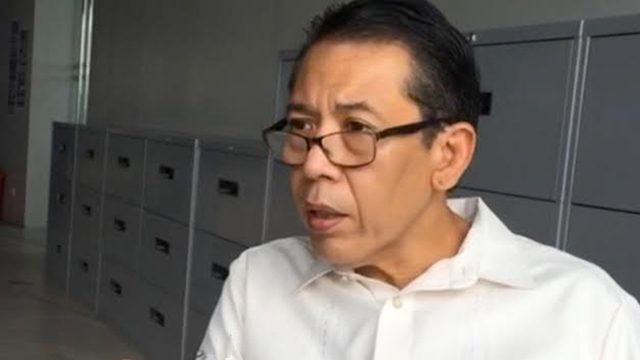
MANILA, Philippines – President Rodrigo Duterte should let people know the basis of continuing a “state of national emergency” as it’s been more than a month since its proclamation, De La Salle University (DLSU) College of Law Dean and human rights lawyer Jose Manuel Diokno said on Tuesday, October 18.
“Well I think the people should know whether there’s still a basis to continue the implementation of the national state of emergency,” he told Rappler in an interview.
Duterte, on September 3, declared a “state of lawlessness” in the Philippines after a deadly blast in Davao City killed at least 14 people and wounded more than 60.
The proclamation, which he signed before leaving for Laos, “shall remain in force until lifted or withdrawn by the President.”
“Based on reports, it appears that some of those responsible for the bombing have been apprehended and therefore there may be some questions as to whether it is still necessary to keep that state in place,” Diokno said.
Three suspects were arrested at a Cotabato City checkpoint on October 4 over their alleged “direct participation” in the Davao night market bombing intended to “divert and disrupt” the government operations against the Abu Sayyaf Group (ASG).
According to Defense Secretary Delfin Lorenzana, the Davao bombing case is already closed, considering the arrests of the suspects who were described as “students of Marwan,” or the late Malaysian bombmaker Zulkifli bin Hir.
Before Duterte, two states of emergency were proclaimed under the administration of Gloria Macapagal Arroyo (GMA). In 2006, the Philippines was placed under a nationwide state of emergency after a foiled coup attempt. She lifted it after a week.
In 2009, following the Ampatuan massacre which killed at least 58 people, Arroyo also declared “a state of emergency in the provinces of Maguindanao, Sultan Kudarat and the City of Cotabato for the purpose of preventing and suppressing lawless violence in the aforesaid areas.”
AFP involvement in war on drugs
According to the proclamation released to media on September 6, Duterte commands “the Armed Forces of the Philippines (AFP) and the Philippine National Police (PNP) to undertake such measures as may be permitted by the Constitution and existing laws to suppress any and all forms of lawless violence in Mindanao and to prevent such lawless violence from spreading and escalating elsewhere in the Philippines with due regard to the fundamental civil and political rights of our citizens.”
In addition, the proclamation cited recent terrorist acts aside from the Davao City bombing – the Maute prison escape of terrorists, beheadings by the Abu Sayyaf of its hostages, and the deaths of 15 soldiers in an Abu Sayyaf encounter – as basis for the declaration.
When he first mentioned it on September 3, Duterte said the declaration is meant to ensure “coordinated efforts” between the police and the military in the fight against terrorism and illegal drugs.
Duterte has consistently called on the military to support and help the administration’s campaign against illegal drugs. He will supposedly hand over the list of officials allegedly involved in illegal drugs to the AFP.
Diokno, however, said that the AFP’s involvement in the war on drugs can be questioned, with or without a national state of emergency.
“I don’t think that they’re allowed to participate in the war on drugs based on the state of national emergency because if you look at the rationale, it really is the Davao bombing,” he explained.
“In fact, even without the state of national emergency, there would be a lot of questions whether the military can be involved in crime control because it is really the jurisdiction of the national police.”
Under Philippine laws and the 1987 Constitution, there is a clear difference between the responsibilities of the PNP and the AFP.
“Our constitution does make a distinction between what our national police can do and what our military can do,” Diokno said.
“I really don’t know what [Duterte]’s basis is because under the laws and the Constitution, that’s the responsibility of the police, not the military. That can be questioned by the court.” – Rappler.com
Add a comment
How does this make you feel?
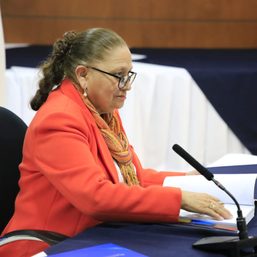
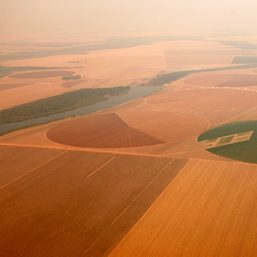
![[WATCH] Try This: Empanada Salteña from Argentina](https://www.rappler.com/tachyon/2023/04/try-this-empanada-saltena-argentina.jpg?resize=257%2C257&crop=765px%2C0px%2C1037px%2C1037px)
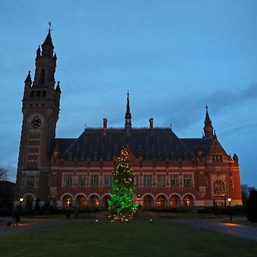
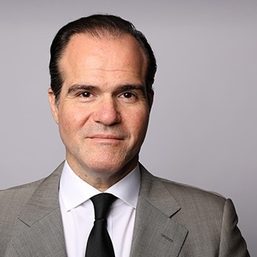
There are no comments yet. Add your comment to start the conversation.